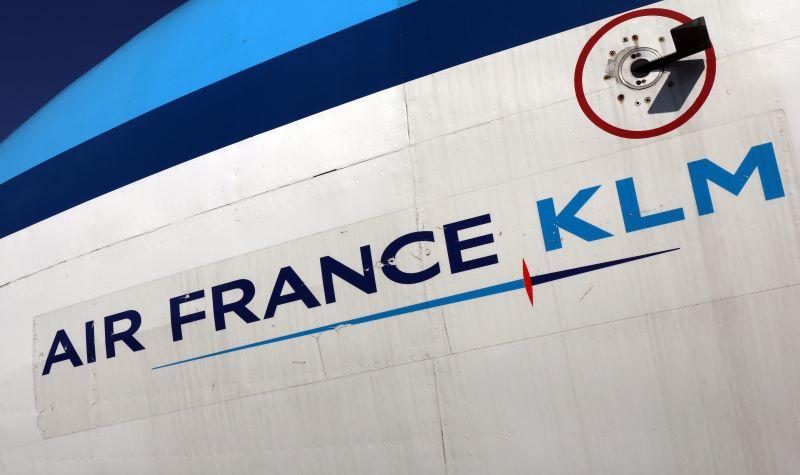
LYON—Starting to implement its strategy for the use of sustainable aviation fuels (SAF), the Air France-KLM group has signed multi-year contracts with suppliers Neste and DG Fuels.
The group has a SAF incorporation target of 10% by 2030. The combined agreements will account for 3% toward that 10% goal. The total volume amounts to 1.6 million tons of SAF between 2023-36. They will avoid 4.7 million tons of emissions of CO2 on a full lifecycle basis compared to fossil fuels, according to Air France-KLM.
Neste will supply 1 million tons over 2023-30, while DG Fuels will supply 600.000 tons over the period 2027-36. Discussions are currently underway to add suppliers globally.
The move is hoped to encourage Neste and its competitors to create more SAF production capacity. A Neste executive recently called for more demand certainty to support SAF investment.
“By committing to long-term fuel purchases, Air France-KLM supports the development of the SAF production industry, which is still in its infancy worldwide. In 2021, SAF production represented 0.01% of the jet fuel consumed worldwide,” the company notes. The situation has resulted in prices 3-4 times higher than conventional kerosene.
Earlier in October, Air France KLM Martinair Cargo introduced a goSAF option, which allows customers to set their level of SAF contribution for each cargo shipment. Air France-KLM is already incorporating up to 1% SAF on average for flights from France and the Netherlands. It thus complies with the French legislation in force since January 2022.
The group’s sourcing policy rules out SAFs that compete with human food or animal feed supply, as well as palm oil. Under that framework, Air France-KLM’s SAF should be RSB or ISCC+ certified.
The agreements with Neste and DG Fuels are part of a broader environmental master plan. In France, Air France had to agree to conditions including limiting domestic flights for routes where short, high-speed train alternatives exist as part of its state bailout during the pandemic. It has introduced a bevy of measures to help reduce emissions. In addition to SAF use, it is working on fleet renewal as well as initiatives such as reducing energy consumption in its buildings and encouraging staff to use car-share schemes. The airline is targeting a 12% reduction in kerosene consumption and a 30% cut in CO2 emissions per passenger kilometer by 2030 compared with 2019, a 12% reduction in total emissions.
At the EU level, lawmakers are expected to introduce a 2% SAF blending mandate for 2025, rising to 5% in 2030, 32% by 2040 and 63% by 2050, the year by which both the EU and the global aviation industry have pledged to achieve net-zero emissions. The aviation industry in Europe is supporting more ambitious goals, which translate into Air France-KLM’s 10% objective by 2030.

